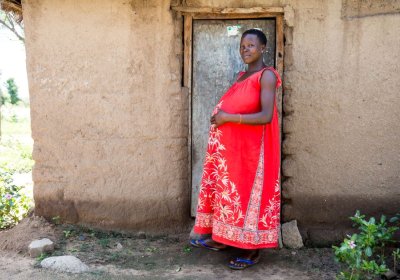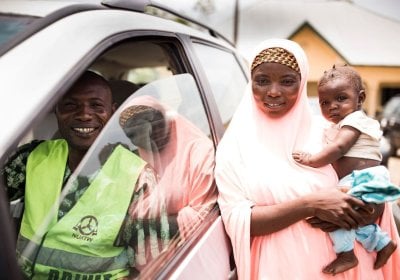Maternity waiting homes: A key component of ensuring timely equitable access to quality care for women and newborns
This webinar will present the results of two recent systematic reviews of maternity waiting homes (MWH) in Low-to-Middle-Income Countries (LMIC) and have insights from a programme manager and district manager in Zambia.
MHW provide accommodation for women close to a facility to ensure timely access and can be found around the world - in slightly different forms. They are seen as one possible way to address the challenge of ensuring timely access to health care when distance, geography, seasonal or time of day, travel costs are big challenges. The World Health Organization recommended that in remote areas women could benefit from their availability (2015).
However, there have also been questions around if women use them if they are effective in reducing maternal and neonatal mortality, as well as how they should be organised and funded. There are many anecdotal stories of MWH being built and then abandoned. Previous systemic reviews have suggested there is no evidence that they are effective.
With debates around the re-design of maternity services and improving quality of care by providing better care in fewer higher-level facilities, MHW are again coming up on the policy agenda. This webinar will discuss the latest evidence.
The latest systematic review is now available online: A systematic review and meta-analysis of the effectiveness of maternity waiting homes in low- and middle-income countries
Speakers
- Nazeem Muhajarine, Saskatchewan Population Health and Evaluation Research Unit, University of Saskatchewan
- Nadege Sandrine Uwamahoro, Newcastle University
- EJ van Braam, University of Groningen, Holland
- Davy Wadula Zulu, District Health Director, Lundazi District, Zambia
- Thandiwe Ngoma, Programme Manager, Maternity Waiting Homes Access in Zambia, Right To Care Zambia and Boston University
Please note that the recording link will be listed on this page when available
Admission
Contact





